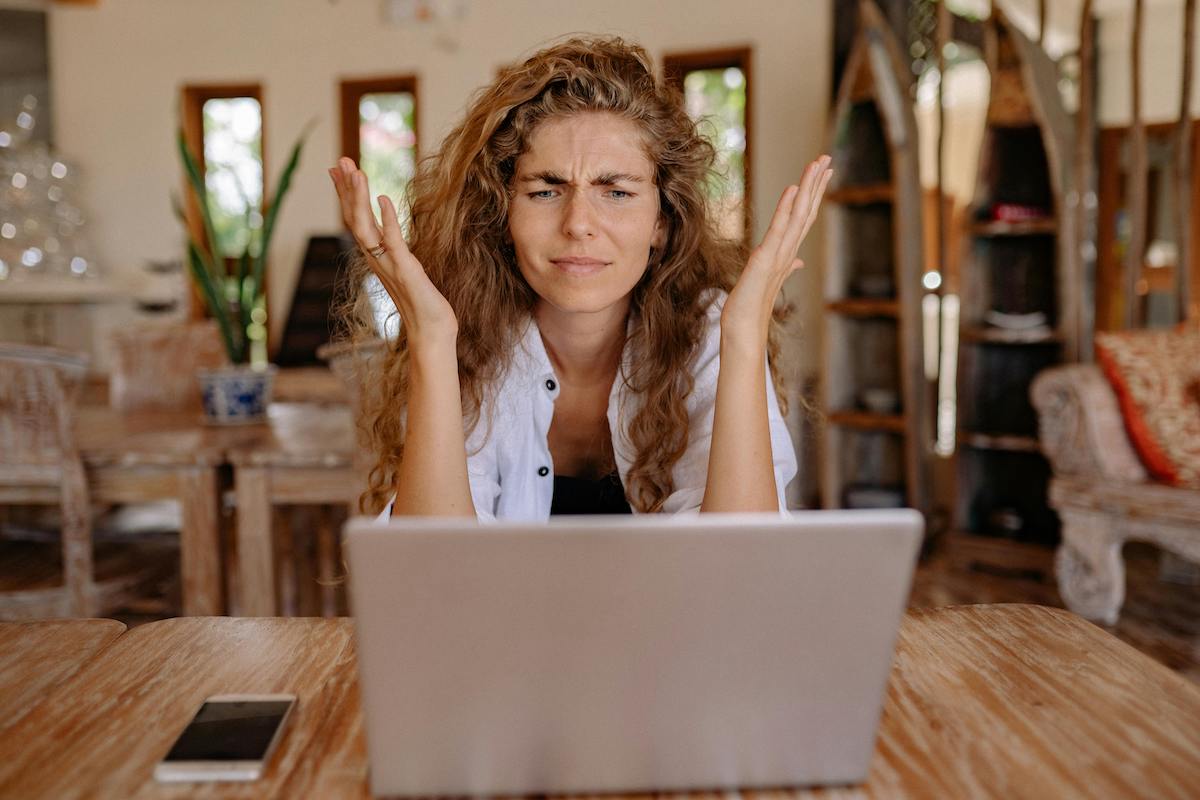When, Why and How To Do A Social Media Cleanse For Your Mental Health
Social media plays a big part in our lives these days. Whether that’s keeping us connected with loved ones during a global pandemic, facilitating romantic relationships, spreading awareness on critical issues or networking for our careers, the benefits that social media offers are extensive. However, like all great things, there are some drawbacks. And in the case of social media, the drawback is that it can take a toll on our mental health.
Social Media is designed to hold our attention
I’m the first to admit that my iPhone screen time report is much higher than I’d like it to be. I’m often shocked to see how many hours of my day were dedicated to mindless scrolling on Instagram.
Social media platforms were specifically designed to capture our attention. Features such as the “like” button satisfy our desire for social validation and everyone wants to feel supported and acknowledged. But what happens when we start to compare our engagement metrics with others?
Comparison is the enemy of happiness
Picture it: You post that photo and watch gleefully as the likes flood in. You’re basking in social validation until you see that one of your friends also posted a photo today and has already gotten three times the number of likes. Suddenly you feel less validated and may even start to question where you stand in the social pecking order.
As silly as it sounds, these moments in our digital worlds are contributing to low self-esteem, feelings of inadequacy and obsessive behaviours in our real lives. Teddy Roosevelt said that comparison is the thief of joy, and he was right. And social media is basically a non-stop, churning factory of comparison.
Within the constructed reality of social media, “shopping hauls”, “lavish travel blogs” and “what I eat in a day under 1000 calories” videos run rampant. These videos create the illusion of wealth, happiness, success, etc., but they are only snippets of reality. They show only what the individual is choosing to portray to the world.
What’s the big deal?
We tend to worry about the effects of social media on children and adolescents — and while it’s true that young people are more vulnerable to the damaging effects of social media, we are all affected. So while you may notice that your teen is spending too much time on their phone, you may not have caught yourself editing your bikini photo to look more like Instagram’s biggest influencers. If this is you, it could be time for a cleanse.
What are some steps you can take to readjust your relationship with social media?
Ready to start your cleanse? Follow these three steps:
Step 1: Check in with yourself
Start with the basics: self-reflection. Ask yourself:
- Are your friends and family feeling heard by you? (Or are they forced to stare at the top of your head at the dinner table?)
- How do you feel before, during and after scrolling through social media?
- Do you catch yourself feeling jealous of others’ lives or accomplishments?
- Are you experiencing a sudden urge to diet, or to amp up your workout regime?
Take some time to reflect on how social media is influencing your wellbeing. You may find that you’re missing out on the things around you because you’re spending time on your phone or prioritizing your digital world over the real world.
Step 2: Edit your followers
Once you’ve started to make sense of social media’s impact on you, it’s time to start your cleanse. What type of content are you being exposed to the most? Is it having a positive impact on your day or emotional wellbeing? If not, it’s time to start unfollowing, deleting, and unsubscribing from all sources that don’t bring you joy.
Keep only the ones that align with who you are as a person (those with similar interests, goals and comfort levels) or that post content that makes you feel happy or brightens your day.
Step 3: Implement break times
Now that you’ve cleansed your platforms, it’s time to implement some boundaries or some “no phone” time. Perhaps you decide that in the final hour before bed you’ll enjoy a good book instead of mindlessly scrolling. Or maybe you make a rule that you’ll leave your phone in the office on your lunch break while you take a walk. If possible, avoid using your phone as your alarm clock. (When the first thing we touch in the morning is our phones, we are more likely to scan our media platforms.)
Balance is Key
Social media can be a wonderful addition to our lives, but for our mental health, it’s a good idea to use it more mindfully. I invite you to join me in taking the social media cleanse — because by reducing the sources of negativity in our lives, we can build a happier life!
If you need support disconnecting, or need some help navigating mental health challenges like low self-esteem, anxiety or depression, don’t hesitate to reach out to one of our mental health professionals.







